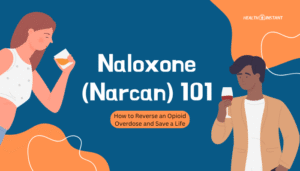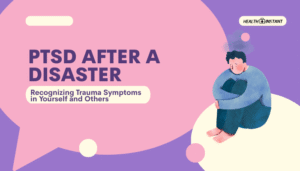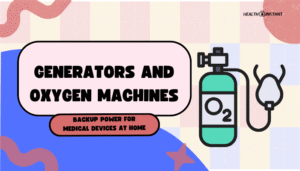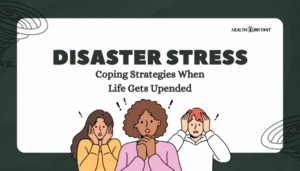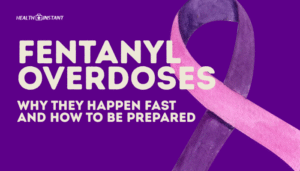Naloxone (Narcan) 101: How to Reverse an Opioid Overdose and Save a Life
Introduction Opioid overdoses are a pressing public health concern. Whether they stem from prescription medications like oxycodone or illicit substances such as heroin and fentanyl, an overdose can be lethal in minutes. Naloxone (often s...
Read MorePTSD After a Disaster: Recognizing Trauma Symptoms in Yourself and Others
Introduction Experiencing a disaster—be it a hurricane, earthquake, wildfire, or flood—can have enduring psychological effects. While initial shock or stress is common, some individuals develop post-traumatic stress disorder (PTSD), a conditi...
Read MoreGenerators and Oxygen Machines: Backup Power for Medical Devices at Home
Introduction For individuals who rely on oxygen concentrators or other essential medical devices (e.g., CPAP, nebulizers), maintaining a stable power supply is vital. A sudden outage—due to storms, grid failures, or disasters—could jeopardize...
Read MoreDisaster Stress: Coping Strategies When Life Gets Upended
Introduction Disasters—natural or manmade—can disrupt normal life, leaving emotional distress and uncertainty in their wake. Job loss, damaged homes, or displacement from communities can cause anxiety, fear, and sadness. Although the...
Read MoreFentanyl Overdoses: Why They Happen Fast and How to Be Prepared
Introduction Fentanyl—a synthetic opioid up to 50 times stronger than heroin and 100 times stronger than morphine—has led to surging overdose rates worldwide. Because of its high potency and quick onset, using fentanyl in even small doses can...
Read More
